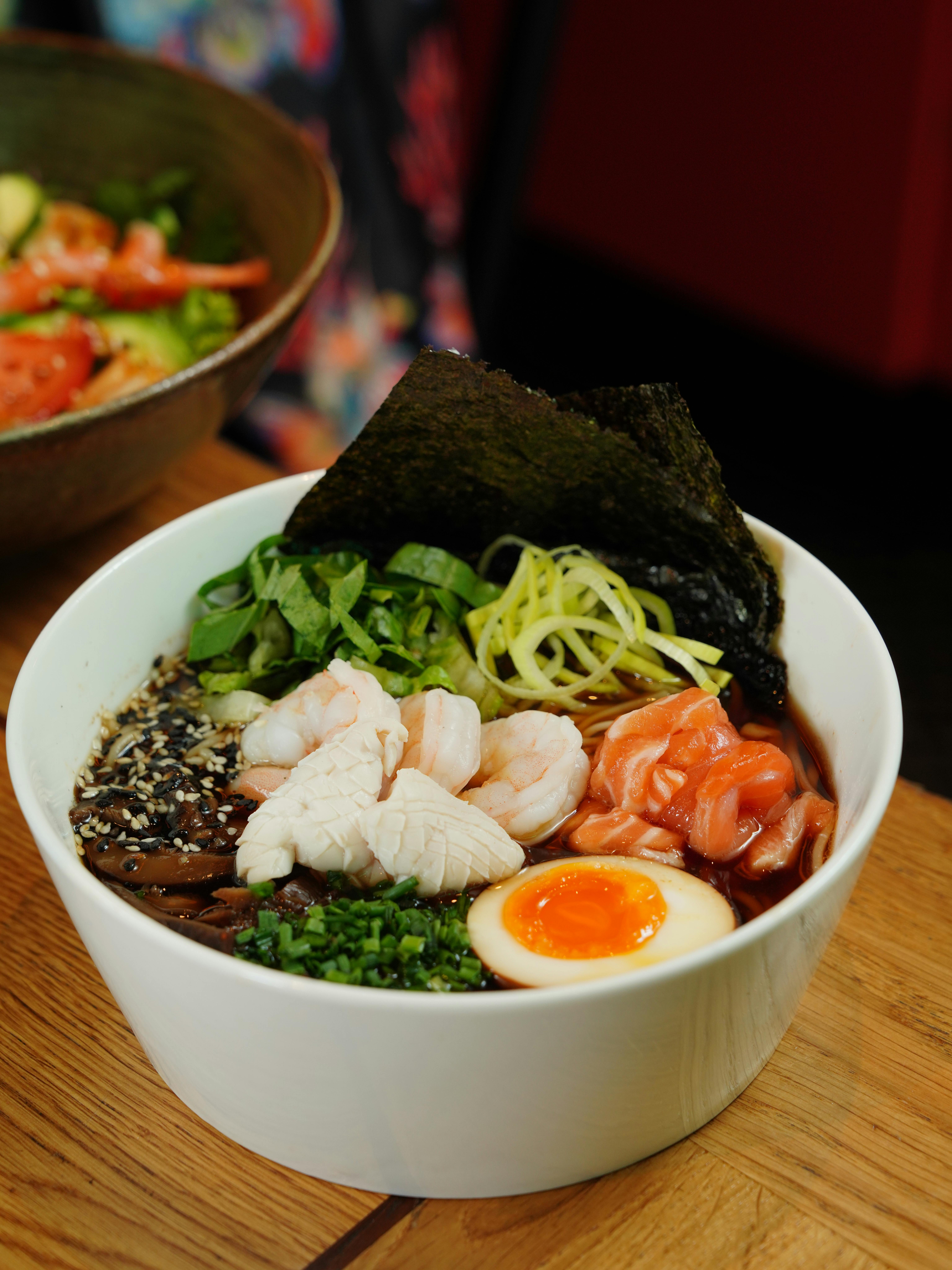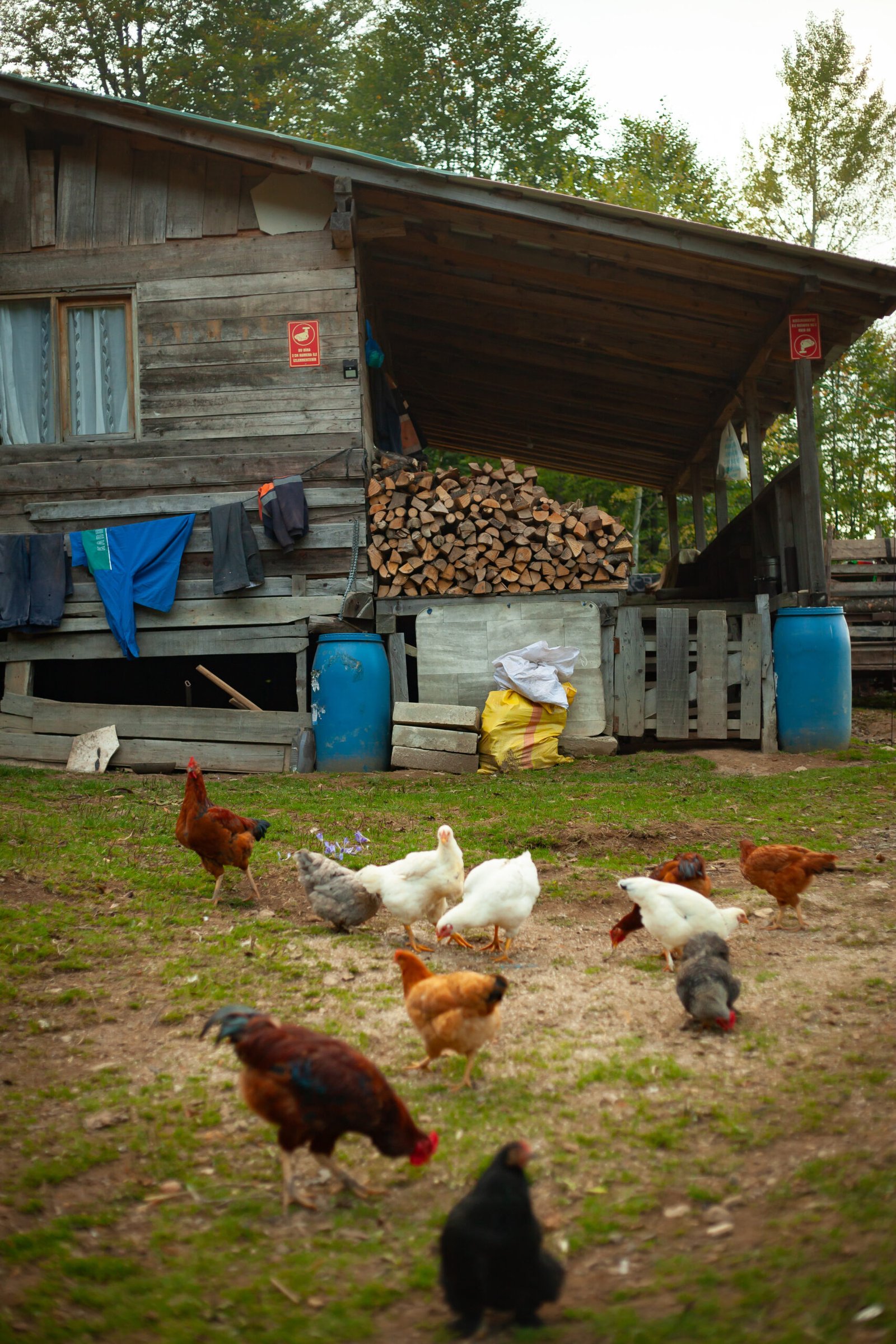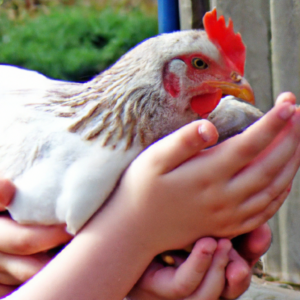
Have you ever wondered how to spot if your hen is experiencing egg-binding? It’s essential to be able to recognize the signs and act quickly to help her. Egg-binding is a condition in which a hen is unable to pass an egg. It can be a severe issue that requires immediate attention. In this article, we will explore the common signs of an egg-bound hen and provide you with guidance on how you can assist her in this challenging situation.

Signs of an Egg-bound Hen
Lack of interest in food and water
One of the signs that your hen may be egg-bound is a sudden lack of interest in food and water. Egg-binding can cause discomfort and pain, leading to a loss of appetite. If your usually voracious eater suddenly shows disinterest in her usual meals, it’s time to pay attention and consider the possibility of an egg-binding situation.
Abdominal swelling
Abdominal swelling is another significant sign of an egg-bound hen. As the egg remains stuck in the reproductive system, it can lead to the buildup of fluid and enlargement of the abdomen. You may notice a visibly bloated or swollen appearance in the hen’s abdominal region, indicating the need for intervention.
Frequent squatting and straining
If you observe your hen frequently squatting and straining, it could be a clear indication of egg-binding. The hen’s attempts to lay the egg become evident through these repeated squatting and straining behaviors. The strain may be accompanied by vocalizations or signs of discomfort.
Visible distress and discomfort
Egg-binding can cause visible distress and discomfort in your hen. You may notice her pacing, restlessness, or signs of agitation. The hen may appear restless, moving around more than usual while exhibiting signs of discomfort. It’s crucial to pay attention to these signs to ensure her well-being.
Lethargy and weakness
Lethargy and weakness are common signs of an egg-bound hen. The prolonged inability to lay the egg can lead to exhaustion and weakness. Your usually active and lively hen may suddenly become lethargic, exhibiting a lack of energy and reduced mobility. Be sure to monitor her closely if you notice these changes.
Discharge from cloaca
Another sign of an egg-bound hen is the presence of discharge from the cloaca. The cloaca is the common opening through which waste and eggs are expelled. If you notice any abnormal discharge, such as blood or mucus, it may indicate an egg-binding issue and warrant immediate attention.
Bulging or prolapsed vent
A bulging or prolapsed vent can be a severe symptom of egg-binding. The vent is the outer opening of the cloaca that expands to allow for the passage of eggs. When an egg remains lodged, the vent can become swollen, protrude, or even prolapse. This condition requires immediate veterinary intervention to prevent further complications.
Use of wings for balance
An egg-bound hen may use her wings for balance. As she tries to push out the stuck egg, she may extend her wings to stabilize herself and maintain balance. Keep an eye out for this behavior, as it can be an important indicator of egg-binding.
Change in vocalization
If your hen’s vocalization patterns change, it could be a sign of egg-binding. She may become more vocal or exhibit different sounds in an attempt to communicate her distress. Pay attention to any abnormal or unusual vocalizations, as they can indicate a problem.
Tail bobbing
Lastly, if you notice tail bobbing in your hen, it may suggest that she is egg-bound. Tail bobbing refers to a rhythmic up-and-down movement of the tail. This behavior often accompanies the strain and effort exerted by the hen in trying to lay the stuck egg.

How to Help an Egg-bound Hen
1. Isolate and provide a comfortable environment
When you suspect that your hen is egg-bound, it is essential to isolate her from the flock and provide a calm and comfortable environment. This separation not only reduces stress but also allows you to closely monitor her progress. Provide a quiet and warm space where she can rest and focus on attempting to pass the egg.
2. Provide warm water baths
Warm water baths can help relax the muscles and provide relief to an egg-bound hen. Fill a shallow container with warm water (optimal temperature around 100°F) and allow the hen to stand in it for 15-20 minutes. The warm water can help loosen the muscles and potentially help in the egg-laying process.
3. Increase moisture in the diet
Dehydration can exacerbate egg-binding, so it is crucial to ensure that your hen has access to an adequately hydrated diet. Add water-rich fruits and vegetables to her feed to increase her overall moisture intake. Leafy greens and fruits like watermelon and cucumber are excellent choices to boost her hydration levels.
4. Administer calcium supplements
Calcium deficiency can contribute to egg-binding, so it may be beneficial to provide your hen with calcium supplements. Crushed oyster shell or calcium-rich poultry supplements can help strengthen the eggshell. Consult with a veterinarian to determine the appropriate dosage for your hen’s specific needs.
5. Gentle massage and warm compress
You can gently massage your hen’s vent area to stimulate the muscles and promote egg-laying. Use gentle circular motions around the vent, applying slight pressure. Additionally, a warm compress can help relax the muscles and alleviate discomfort. Use a warm, damp cloth and gently apply it to the vent area for a few minutes at a time.
6. Encourage movement and exercise
Encouraging your hen to move and exercise can assist in the egg-laying process. Gentle movement stimulates the muscles, promoting the natural progression of the egg through the reproductive system. Provide a safe area where your hen can walk, stretch her wings, and engage in light activity.
7. Consult a veterinarian
If your attempts to help your egg-bound hen are not successful, it is essential to consult a veterinarian promptly. The veterinarian can accurately diagnose the severity of the egg-binding issue and provide the appropriate medical intervention. They may suggest further treatments, such as hormonal therapies or surgical procedures, to assist in egg removal.
8. Consider lubrication methods
In some cases, providing lubrication may help in facilitating the passage of the egg. Products like vegetable oil or petroleum jelly can be used as lubricants, applying a small amount around the vent area. However, it is crucial to exercise caution and consult with a veterinarian for proper guidance to avoid further complications.
9. Observe and assist with egg-laying
If the egg-bound hen is making progress in passing the egg but requires assistance, you may need to intervene carefully. Observe her attempts closely, and if you notice any signs of progress, you can gently support the egg-laying process. Consult a veterinarian or experienced poultry owner for guidance on safe methods to assist with egg-laying.
10. Prevent future occurrences
To minimize the likelihood of future cases of egg-binding, take preventive measures. Provide a balanced diet rich in calcium, engage in regular veterinary check-ups, and ensure your hen maintains a healthy weight. Additionally, provide ample opportunities for exercise and mental stimulation to promote overall well-being.
Conclusion:
Recognizing the signs of an egg-bound hen is crucial in ensuring her well-being. If you observe any indications of egg-binding, such as lack of interest in food, abdominal swelling, squatting and straining, distress, lethargy, or discharge, it is important to take immediate action. Follow the recommended steps to help an egg-bound hen, including isolation, warm water baths, increasing moisture in the diet, administering calcium supplements, providing gentle massage and warm compresses, encouraging movement, seeking veterinary advice, considering lubrication methods cautiously, observing and assisting with egg-laying as needed, and taking preventive measures for the future. By being attentive and proactive, you can provide the necessary support to your egg-bound hen and help her through this challenging situation.








